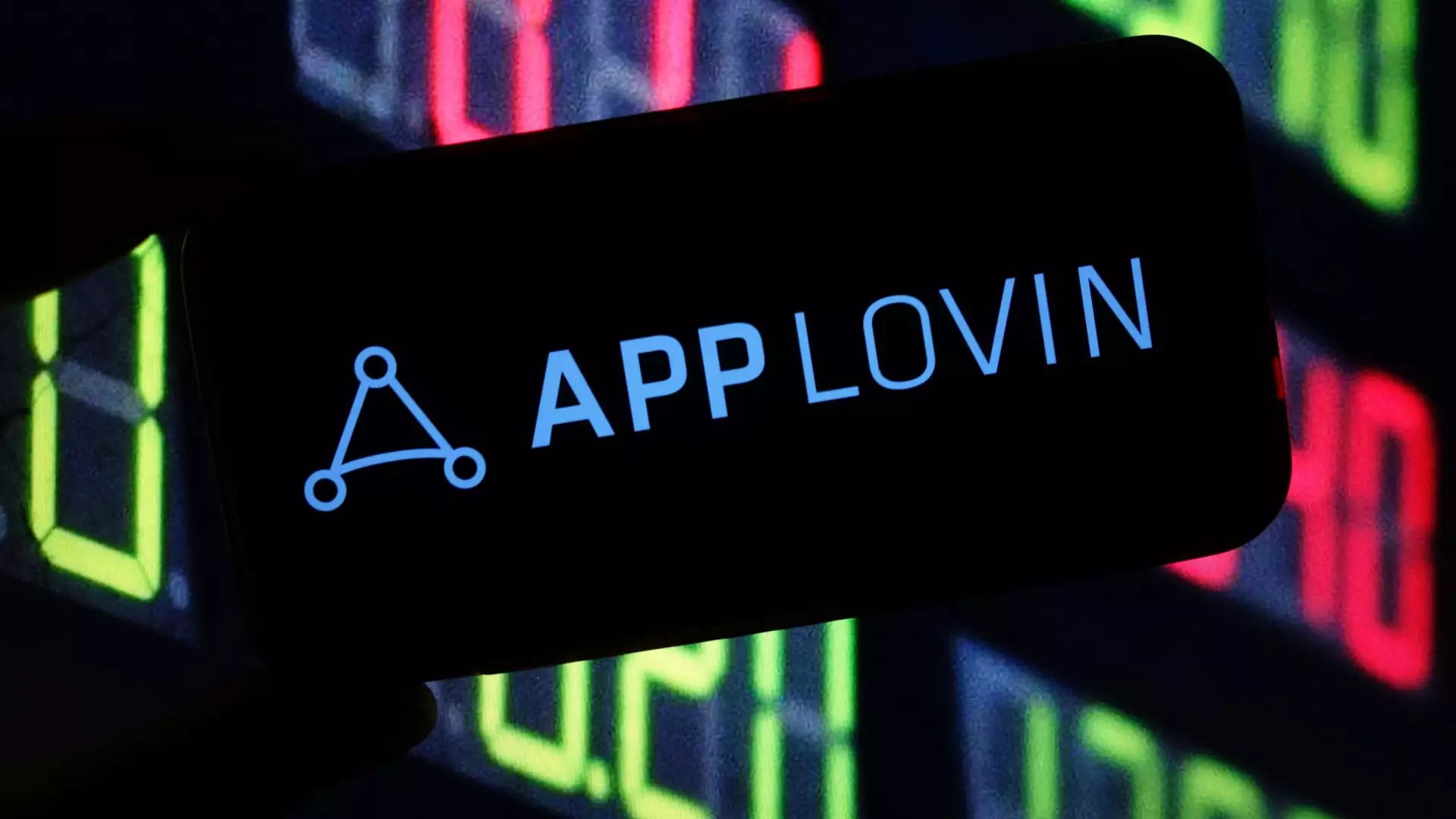In a landscape where digital advertising dominates, the recent statements from AppLovin’s CEO, Adam Foroughi, underscore a bold ambition: securing TikTok for a future where they hope to integrate their AI-driven advertisement technology with one of the most popular social media platforms in the world. Foroughi’s assurances that their bid is “much stronger than others” are striking not merely for their confidence but also for the implications of what such a merger could mean. AppLovin’s vision centers around a partnership that ostensibly would allow TikTok to remain under Chinese oversight while leveraging U.S. technology to elevate user engagement and revenue—an intriguing blend of East and West.
The Tension of Global Geopolitics
It’s impossible to ignore the geopolitical tensions surrounding this acquisition. The U.S. government has painted TikTok as a potential security threat due to its Chinese ownership, leading to a landscape where acquisition and control of digital assets are under intense scrutiny. President Trump’s decision to extend the deadline for TikTok’s sale reflects a calculated move to carve out a healthy space for negotiation without threatening the flimsy economic and trust relationships that exist between these two superpowers. Foroughi’s comments on the extension make it clear that AppLovin believes it can capitalize on this atmospheric uncertainty by offering a solution that appeases both Chinese regulators and American interests.
The Competitive Landscape
However, AppLovin’s pathway to success does not come without hurdles. The playing field is densely packed with formidable competitors like Amazon, Oracle, and various private equity firms, each eyeing the possibility of taking a slice of TikTok for themselves. Notably, some of these competitors propose a structure where a U.S. firm would own 50% of the company, complicating AppLovin’s overt goal of a merger representing complete ownership outside of China. This not only suggests an uphill battle but highlights a reality that many in the tech industry must confront: in high-stakes acquisitions, narrow windows of opportunity can rapidly transform into competitive arenas.
AI: The Game Changer or Just Noise?
Foroughi’s assertion that combining AppLovin’s algorithm with TikTok’s vast user base could yield astronomical returns speaks to a growing trend in the industry. Advanced algorithms and data-driven strategies are the new gold mines, and in the realm of social media, they enable firms to refine advertising strategies down to granular levels. However, relying solely on this narrative carries risks; market trends shift quickly, and what seems promising today might become obsolete before integration is complete. The gamble of pairing an app known for short, entertaining videos with complex ad algorithms promotes skepticism rather than confidence among traditionalists in the advertising world.
Blind Faith in Digital Mergers?
Ultimately, the intricacies surrounding AppLovin’s TikTok bid beg a larger question: are we too quick to embrace the promise of digital mergers without critically analyzing their long-term implications? As a society, we are increasingly drawn to the allure of technological synergy. Yet, the complexities of cultural integration, corporate governance, and regulatory frameworks cannot be overlooked. In pursuit of speed and access to expansive markets, there might be a failure to adequately consider the potential fallout from such an aggressive strategy that marries disparate business ideologies. As AppLovin takes bold steps to redefine the advertising landscape, it may also be time for industry leaders to tread carefully and thoughtfully, lest they overlook the profound consequences that could ripple through the digital world and beyond.

